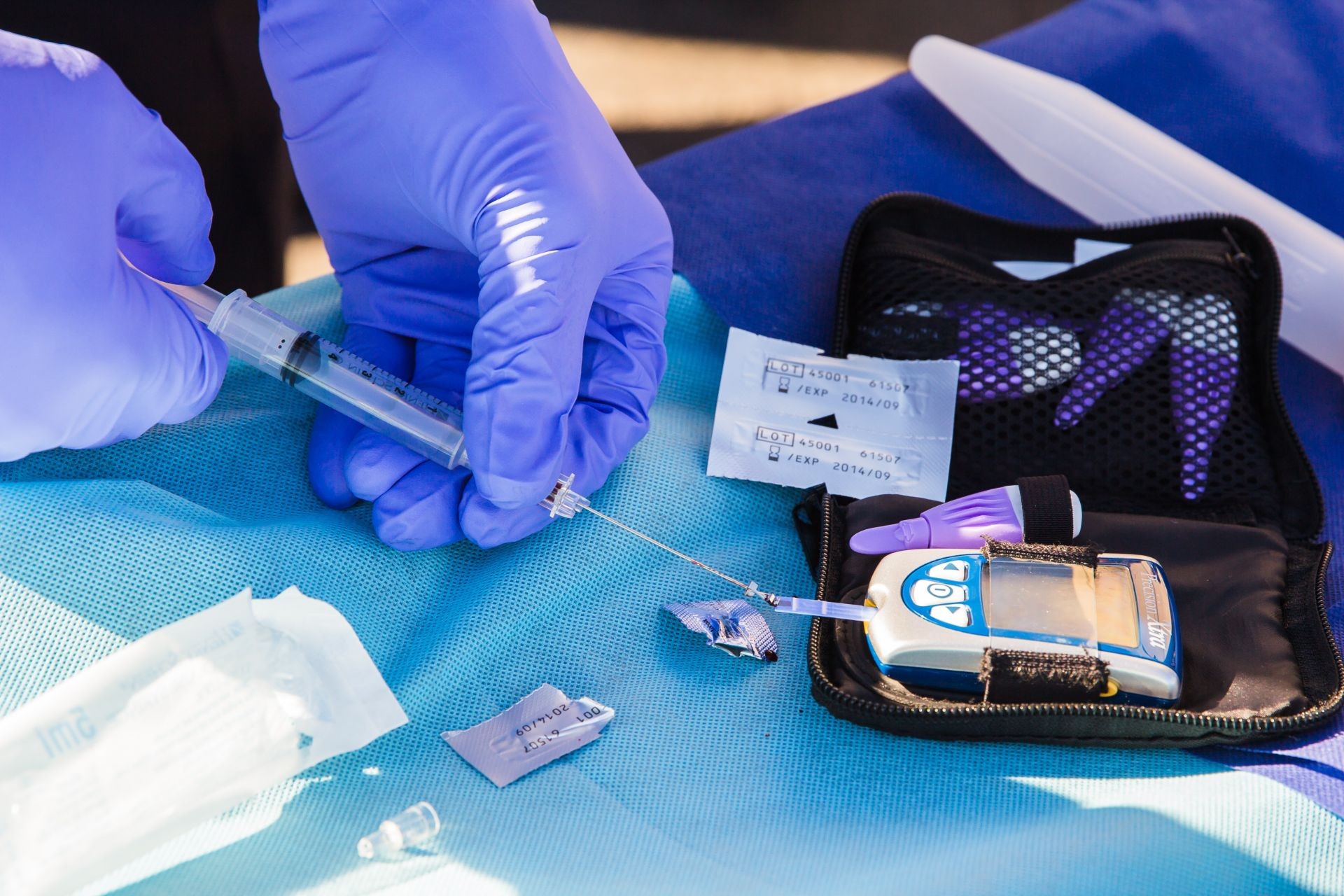In medical literature, there has been an association between the onset of diabetes mellitus and pancreatic cancer since 1990. Indeed, it has been recorded that people who suddenly report increased blood sugar levels without having gained weight have eight (8) times higher risk of developing pancreatic cancer. This data illustrates a notable correlation between diabetes mellitus and pancreatic cancer. According to ongoing scientific studies, whose first results were presented at the annual meeting of the American Pancreatic Association in November 2013, there is a direct relationship between pancreatic cancer and new-onset diabetes mellitus. These findings came to confirm our observations. For years, our team has been noticing that two out of three patients (approximately 70%) with pancreatic cancer had developed type 2 diabetes mellitus one year before diagnosis. We had also noticed that this type of diabetes could not be attributed to any other cause, such as weight gain or a family history of diabetes. Patients who belonged to the above category were usually told to follow diabetes treatments without considering that diabetes could, in fact, be an early sign of pancreatic cancer. This relationship between diabetes mellitus and pancreatic cancer is due to Adrenomedullin, a protein produced by cancer cells of the pancreas well before other symptoms related to the tumor appear. Adrenomedullin inhibits the action of insulin, thus leading to the onset of diabetes mellitus with no further related symptoms.
These findings and data can be used as guidance to ensure that all patients who develop diabetes mellitus suddenly and without an obvious cause, will be adequately examined and diagnosed with pancreatic cancer early while it is still at a curable stage. A specialized CT-scan followed by an endoscopic ultrasound are the two tests that must be performed in order to diagnose cancer while it is still at an early stage. Both tests are very complex, delicate, and technically challenging. The test cannot be run by a simple machine. The interpretation of the findings requires a team of three experts: a highly-specialized gastroenterologist with vast experience, a qualified cytologist, who will examine the cell findings as provided by the gastroenterologist as well as a surgeon who is specialized in the pancreas. The role of the cytologist is crucial. All three professionals must interpret the findings together.
Only a few centers in Europe meet the above-mentioned standards and provide high-quality tests performed by credentialed medical teams. Our team works closely with a leading gastroenterologist, who is renowned worldwide for performing such tests, and the most experienced pancreatic cytologist in Greece. We have been implementing this method for years, but we want to do more. We want to make sure that patients who will suddenly notice increased blood levels and will be diagnosed with type 2 diabetes mellitus will consult their pathologist or diabetologist and will then get a referral to take suitable tests on time. Our priority is to raise awareness among doctors and pathologists who are patients’ first point of contact.







